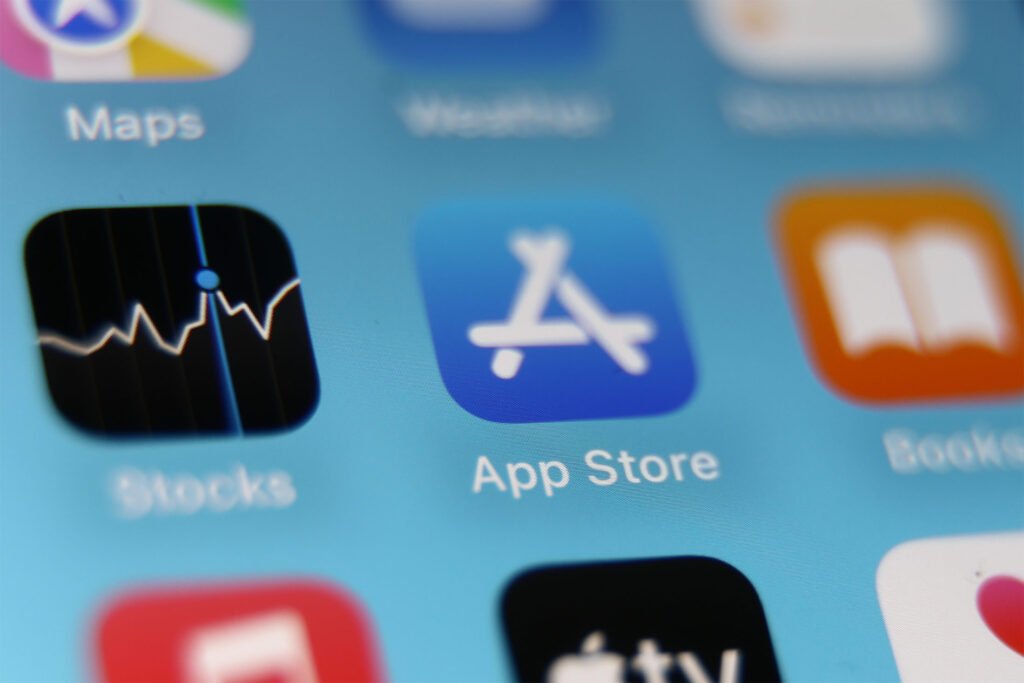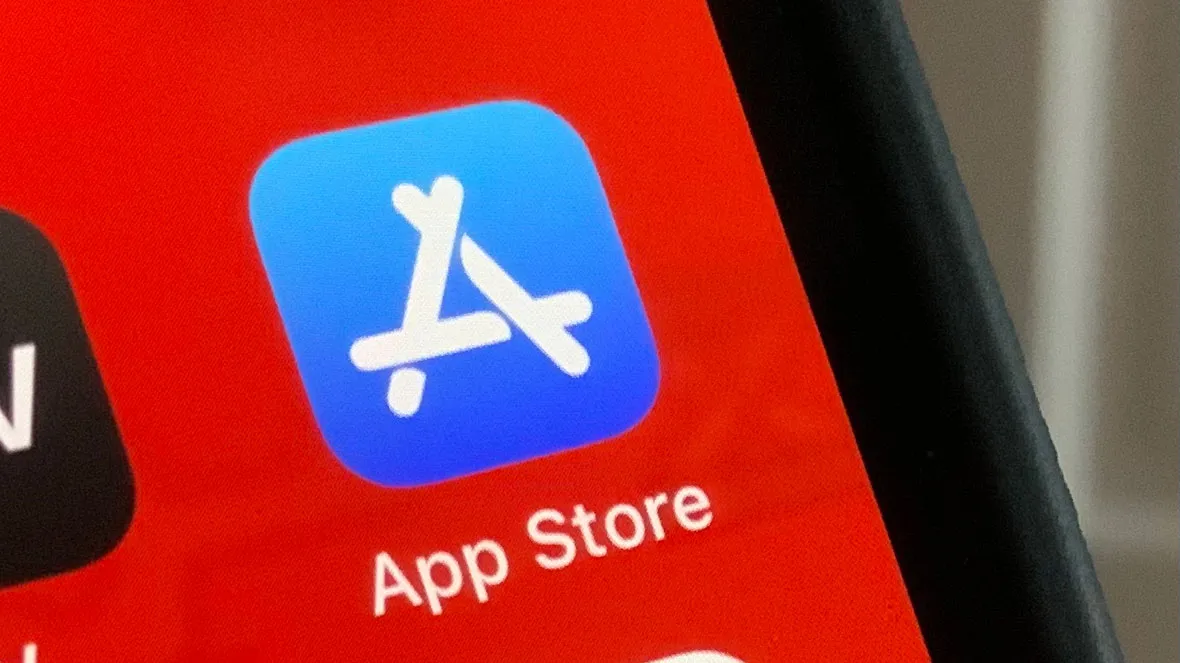Apple has recently made changes to its App Store policies that could have a significant impact on the gaming industry. The company is now allowing developers of small games and apps to integrate Apple’s in-app purchasing system, which means that they can now charge users for virtual goods and services. This is a major change from Apple’s previous policy, which only allowed in-app purchases for apps that were deemed to be “essential” or “non-consumable.”
Changes in Response to Global App Store Regulations
Apple’s decision to relax its policies comes in the wake of a number of legal challenges to its App Store practices. In particular, the company has been facing a lawsuit from Epic Games, which alleges that Apple’s App Store rules are anti-competitive. Apple has also been facing scrutiny from regulators around the world, who are concerned that its App Store gives the company too much control over the mobile app market.

In response to these challenges, Apple has made a number of changes to its App Store policies. The most significant change is that the company is now allowing developers to use third-party payment systems for in-app purchases. This means that developers can now avoid paying Apple’s 30% commission on in-app purchases.
Apple has also made it easier for developers to distribute their apps outside of the App Store. This is a significant change, as it means that developers can now bypass Apple’s gatekeeping process and reach users directly.
Integration of Small Apps and Games
Apple’s new policy changes are likely to have a major impact on the gaming industry. Small game developers will now be able to monetize their games through in-app purchases, which could lead to an increase in the number of high-quality games available on the App Store. Additionally, the ability to use third-party payment systems could give game developers more flexibility in how they price their games and in-app purchases.
Overall, Apple’s new policy changes are a positive step for the gaming industry. They will make it easier for small game developers to succeed and give gamers more choice. However, it remains to be seen whether these changes will be enough to satisfy regulators and consumers.
Community Feedback and App Store Mission
Apple’s announced changes are a response to community feedback and align with the App Store’s mission to provide a reliable app system for users and developers. While Apple is relaxing the App Store’s terms of service to comply with the 2023 federal appellate court ruling on anti-trust, it faces criticism for imposing excessive fees when handling app purchases through external payment platforms.

Transition to Competitive Payment Platforms
Until now, iOS apps distributed in the U.S. could only process user transactions through the payment platform operated by the iPhone manufacturer. In the future, developers may direct users to competing payment services, but they must offer users the option to make purchases through Apple’s platform.
Fee Structure Adjustments
By default, a 27% fee will be applied to in-app purchases processed through third-party platforms. However, the fee will be reduced to 12% for developers enrolled in the business program and for apps that have been active for at least two years.
User Interaction with External Payment Methods
When users click on a link to an external payment method, they will receive a disclaimer from Apple. The disclaimer explicitly states that the company is not responsible for the privacy or security of transactions conducted on the web. The text also informs users that Apple cannot verify the prices and promotions provided by the app developers.
It is important to note that these changes are still subject to change. Apple has said that it will continue to review its App Store policies and make changes as needed. It is also worth noting that these changes only apply to the App Store in the United States. Apple’s App Store policies in other countries may vary.
Overall, Apple’s new policy changes are a significant step towards a more open and competitive App Store. These changes are likely to benefit both developers and consumers. However, it remains to be seen whether these changes will be enough to address the concerns of regulators and antitrust watchdogs.
See more information in Technology section here.












